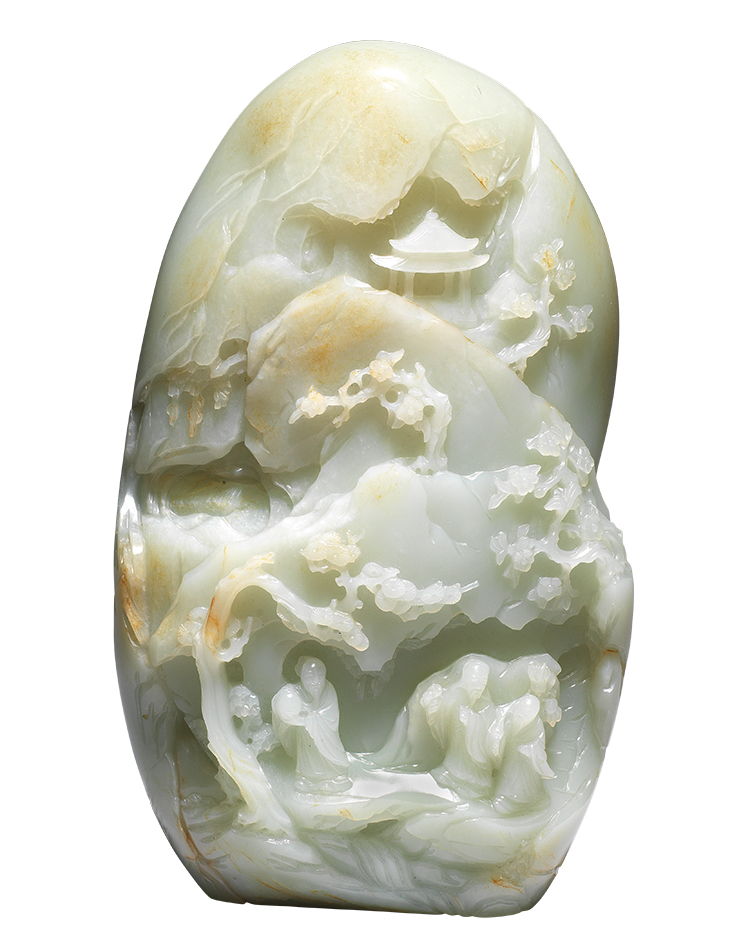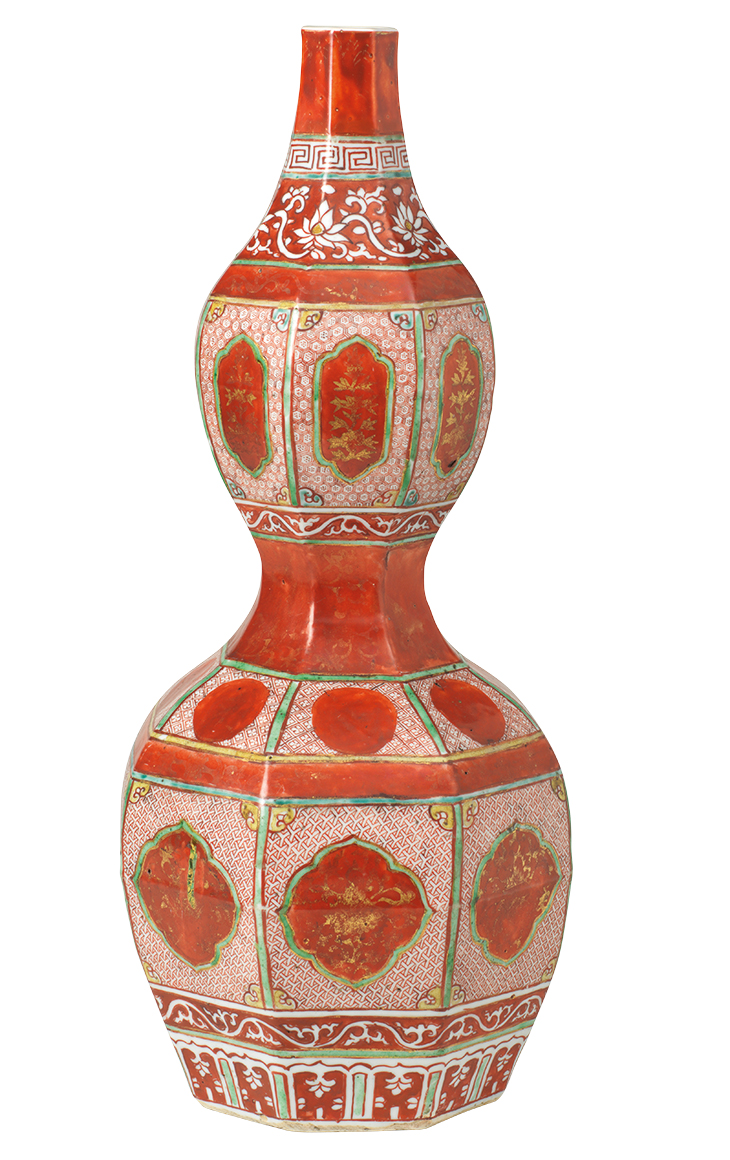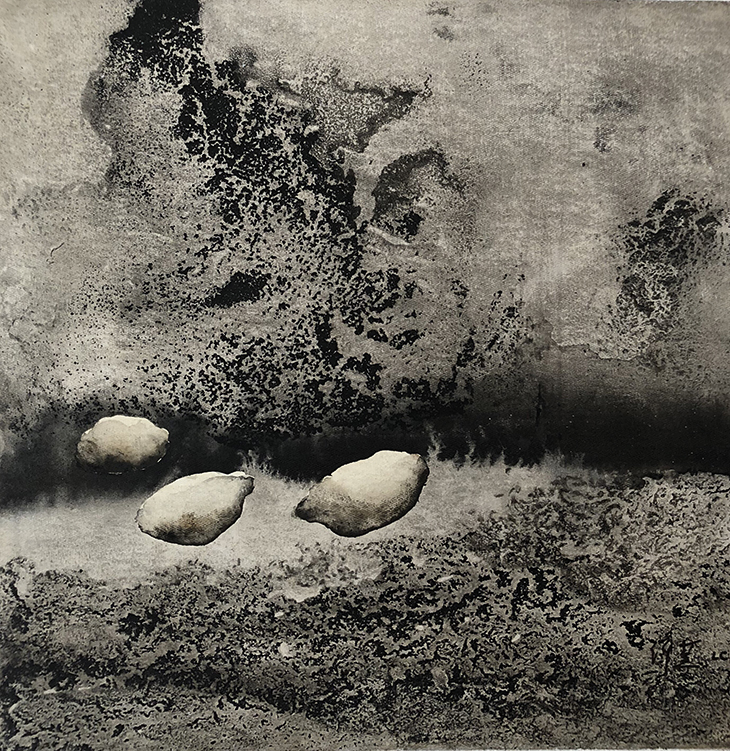This preview covers the second leg of Asian Art in London, focusing on East Asian art, which takes place from 29 October–7 November. A preview of the first part of the event, focusing on Indian and Islamic art (until 31 October), was published last week.
While art fairs are few and far between and the calendar is full of question marks, the UK capital’s position as a centre of the market for Asian art remains unchanged. And so, the second half of Asian Art in London (AAL) in its newly expanded form kicks off at the end of October. With the Indian and Islamic Art auctions and presentations by dealers done and dusted, it’s time to pay attention to art from China, Japan, Korea and Southeast Asia (29 October–7 November).
Asian Art in London may primarily shine a spotlight on the participating dealerships, but it is well supported by the salerooms. The nine auction houses holding sales or viewings in London are Bonhams, Christie’s, Duke’s, Lempertz, Lyon & Turnbull, Nagel Auktionen, Roseberys, Sotheby’s and Sworders. Sotheby’s is holding sales of Fine Japanese and Important Chinese art on 3 and 4 November. Among the highlights of the latter is an impressive famille rose ‘dragon dish’ decorated with a host of auspicious symbols that suggest that it may have been intended as an imperial birthday gift, in this case for the Yongzheng Emperor of the Qing Dynasty. The main motif shows two five-clawed, two-horned dragons (in pink and green enamel) facing off against each other – five claws being reserved as an imperial emblem. Surrounding them is a repeating pattern of five coloured clouds, associated with the blessings of life, while around the rim are eight cranes and, on the exterior, 10 red bats. It comes with an estimate of £260,000–£360,000.
‘Immortals’ boulder, Qianlong period (1736–96), China. Bonhams (£70,000–£100,000)

Bonhams has been a stalwart of Japanese art, when other auction houses have at times wavered, but there’s also much to look out for in its sale of Fine Chinese Art on 5 November this year. Highlights include a pair of Yongzheng-era enamelled vases depicting a red dragon (four-clawed this time) hovering above stylised green waves (estimate £120,00–£150,000), while connoisseurs of jade may be drawn to an intricately carved boulder depicting the three ‘immortals’, gods of wealth and prosperity. The relief carving on the pale green stone, formerly belonging to the late Florence and Herbert Irving, major collectors of Asian art and benefactors of the Met, shows the bearded wise men sheltering in a grotto and carrying a peach, a lingzhi fungus and a lotus spray respectively. The carver has worked with the contours of the jade to create a mountainous landscape above the figures, which leads to a temple, while on the reverse a deer shelters under an elegantly curving tree. It comes with an estimate of £70,000–£100,000.
Vase (second half of 16th century), Ming Dynasty (1368–1644), China. Jorge Welsh (price on application).

The programme of talks and late-night viewings may be on hold this year, but individual dealers are still putting on special displays. In Kensington, porcelain specialist Jorge Welsh is presenting ‘Kinrande: Porcelain Dressed in Gold’, a display of more than 40 pieces of kinrande, a lavish Chinese ware characterised by the application of a gold pattern to a plain background. Named after the Japanese word for ‘gold brocade’, pieces in this style were also made for export and were particularly popular in Japan. Pictured is a typically opulent Ming dynasty vase from the second half of the 16th century, where the vessel in the shape of a double gourd is decorated with green and yellow enamel and gold leaf.
It’s also worth remembering that Asian Art in London encompasses the modern and contemporary as well as the ancient and antique. At Michael Goedhuis, a selection of Li Chevalier’s atmospheric ink paintings full of lowering skies and stormy seas may be a perfect mirror of our time.
Anti-history (2019), Li Chevalier. Michael Goedhuis (price on application)

Asian Art in London (East Asian Art) takes place at various locations across the city from 29 October–7 November.
From the November 2020 issue of Apollo. Preview and subscribe here.



